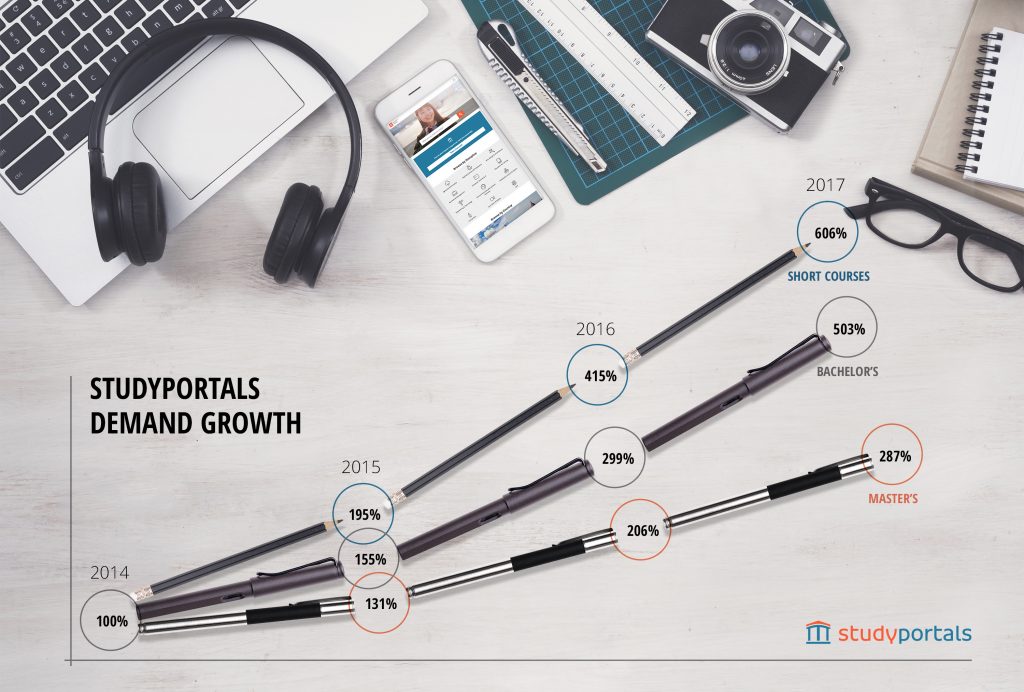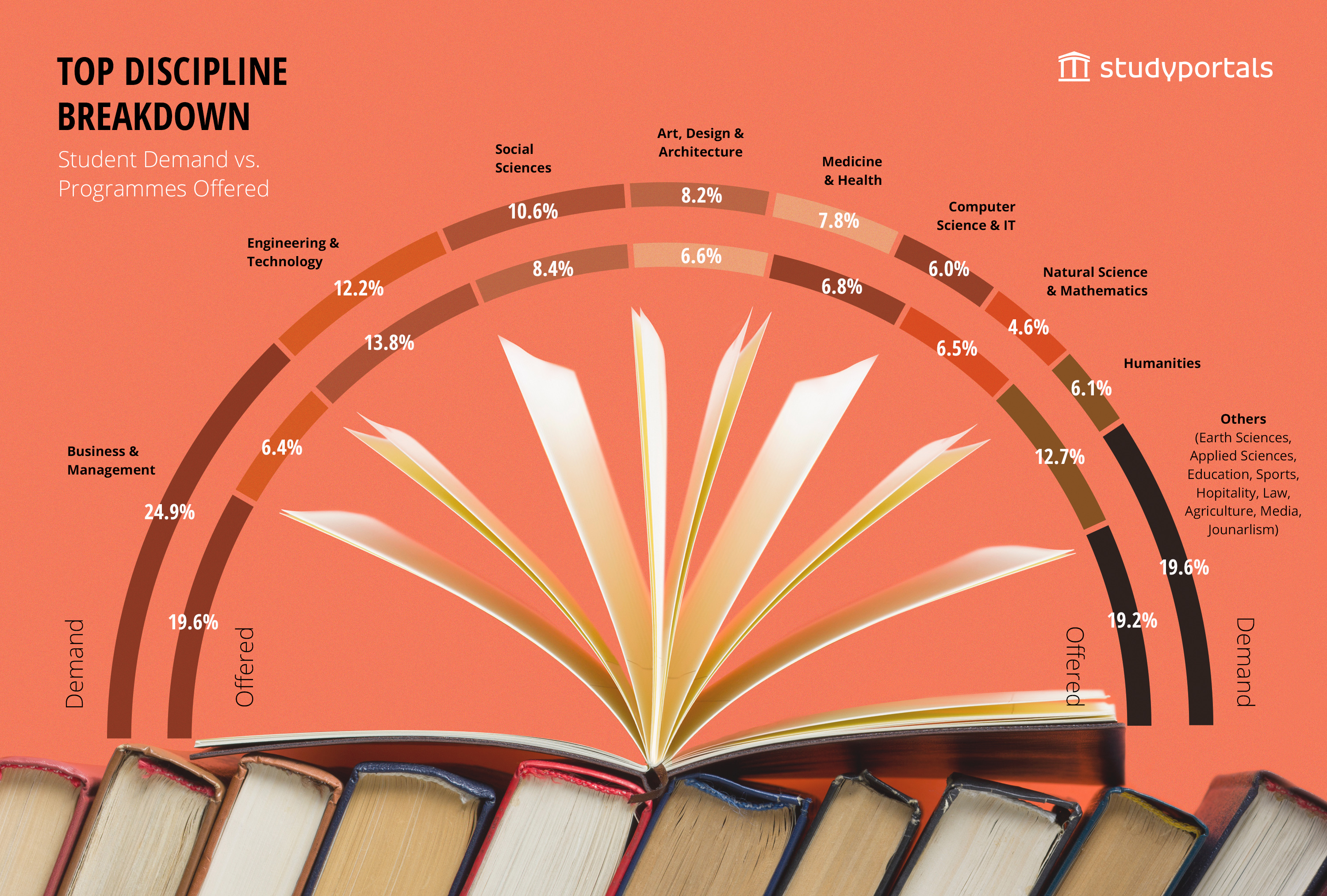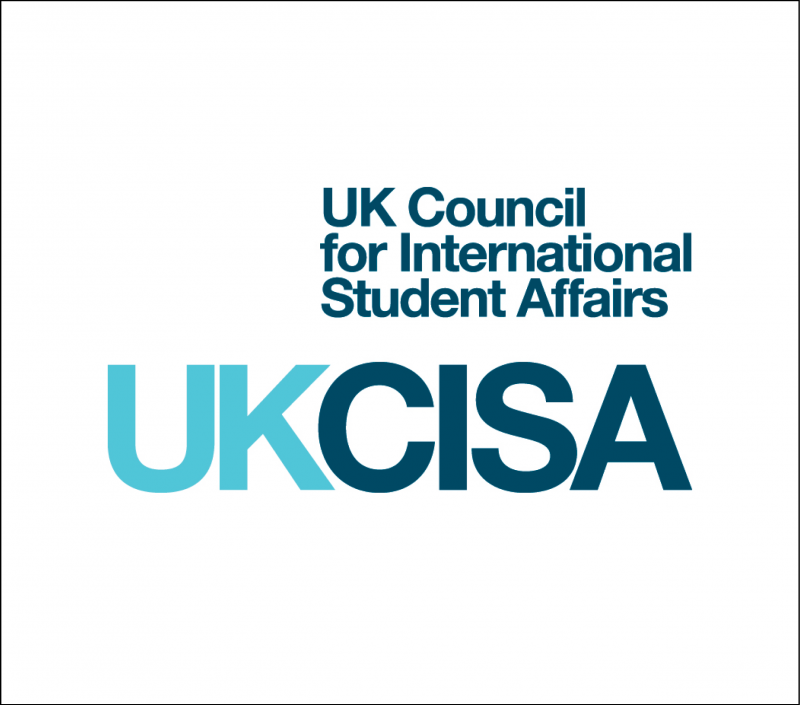Unbundling of the degree has arrived: Demand for short courses grows at 2.1x the rate of traditional Bachelor’s or Master’s degrees

Eindhoven, the Netherlands – 11 June, 2018 – The number of students interested in English-taught short courses has seen a significant rise in the past four years, currently growing at 2.1 times the rate of traditional Bachelor’s or Master’s degrees according to global study choice platform, Studyportals. Short degrees are part of an industry-wide trend to unbundle higher education degrees and provide more flexible and modular study paths for students.
Edwin van Rest, co-founder and CEO of Studyportals, considers the reported growth a clear sign for higher education institutions to start considering adding short courses to their academic offer:
Studyportals was born out of the frustration that it wasn’t possible for students to make an informed choice regarding their Master’s degree. Nowadays, we notice that students use our platforms increasingly to plan their entire educational pathway, still consisting to a large extent of full degrees, but also increasingly including shorter experiences and credentials that are taken in parallel. There are also groups of people who choose to stack a set of courses independent of a full degree qualification. Full degrees still represent the majority of the market, in particular for traditional students, at least for the medium term, but shorter credentials are clearly picking up. We recommend all our university partners to be present in this new modality.
Shortcoursesportal currently lists almost 6,000 short courses, 540 institutions, 57 countries aimed at international students, just a fraction of the 97,000 degrees listed on Bachelorsportal or the 67,000 degrees on Mastersportal. However, prospective students are showing interest growth rate 2.1 times higher than that for more traditional full-time degrees. 48% are offered on campus, 52% online or blended.
Prospective international students are particularly interested in short courses in Business and Management (24.9%), followed by Engineering and Technology (12.2%), and Social Sciences(10.6%).

Traditional higher education institutions are beginning to understand the potential of leveraging short courses as a form of education that is more engaging and more personalised, in line with student’s demand. This new type of education is also more suitable for a fast-developing knowledge economy. Huntington D. Lambert, Dean, Harvard Extension School and Continuing Education commented:
The future of higher education involves bringing together traditional curriculum with other education experiences for knowledge workers over 60-80 years. Providers that can align certificates, degrees, and rapidly growing demands for noncredit learning relevant to the social, civic and professional goals of learners will be the great global brands of the future. Harvard currently serves learners from teens through retirement in it Extension and Summer Schools and is leading the invention of this “60 Year Curriculum”.
The significant growth in short courses interest indicates that students are ready for more flexible and modular educational programmes. This development has already been predicted by forward thinking strategists in higher education, such as Sean R. Gallagher – Chief Strategy Officer for Northeastern University’s Global Network, who already predicted this development with his book, “The Future of University Credentials: New Developments at the Intersection of Higher Education and Hiring.” As expressed in an interview for News@Northeastern:
These and other trends […] suggest a future where university credentials are more modular, more industry-aligned and experiential, and more digital. Degrees still dominate, but for the first time we are seeing many traditional higher education institutions develop entirely new forms of credentials while exploring new ways to deliver and earn credentials. Examples include “nanodegrees,” “micromasters,” and the increasing popularity of graduate certificates as well as “digital badges.
Higher education institutions should take this new opportunity into account and cater to an immediate need in the higher education landscape.
Press contact
Carmen Neghina | Studyportals | +31 655 875 270 | carmen@studyportals.com
About Studyportals
Studyportals is the international study choice platform, enabling students to find and compare their study options across borders. With over 150,000 published courses, 3,050 participating universities, and 28 million users in 2017, Studyportals is a leading information source for study seekers. Studyportals’ 210-person team represents over 35 nationalities. For universities, Studyportals is a results-based channel for international student recruitment.
Mentions in the news
Short course abroad popularity up 500% – The PIE News
For more updates, follow us!





